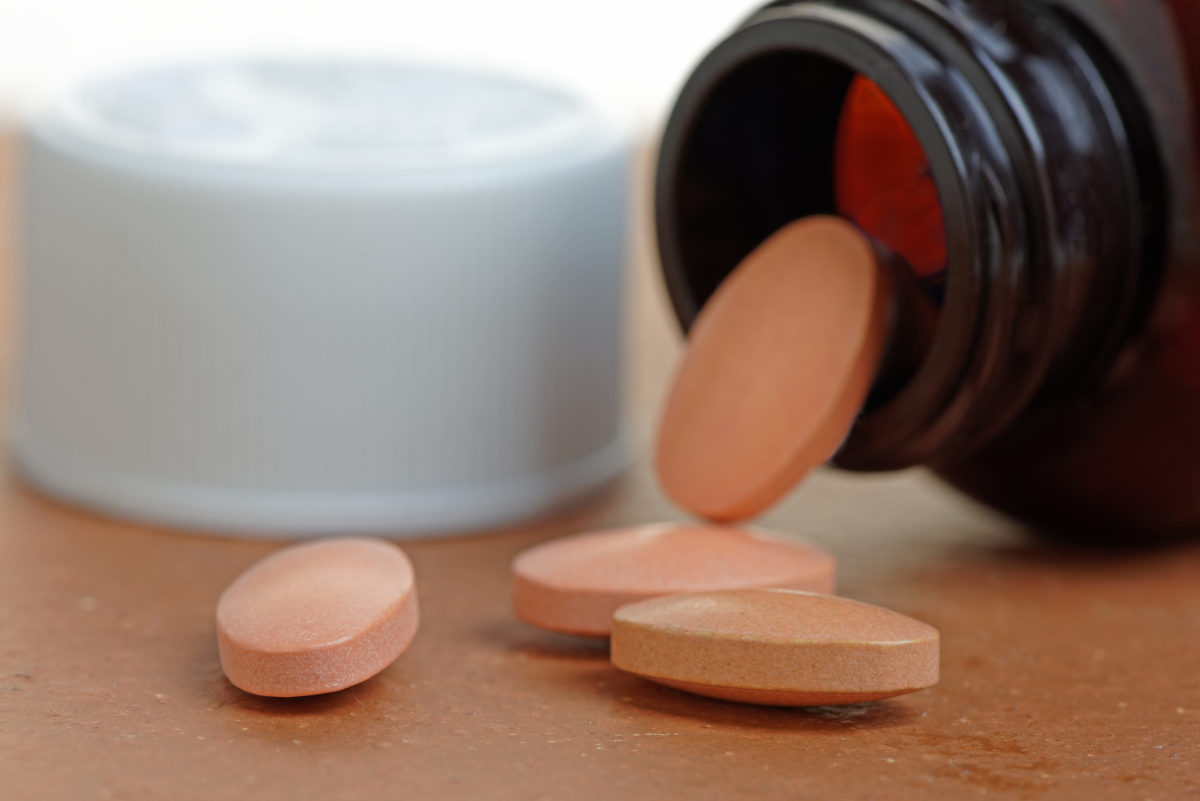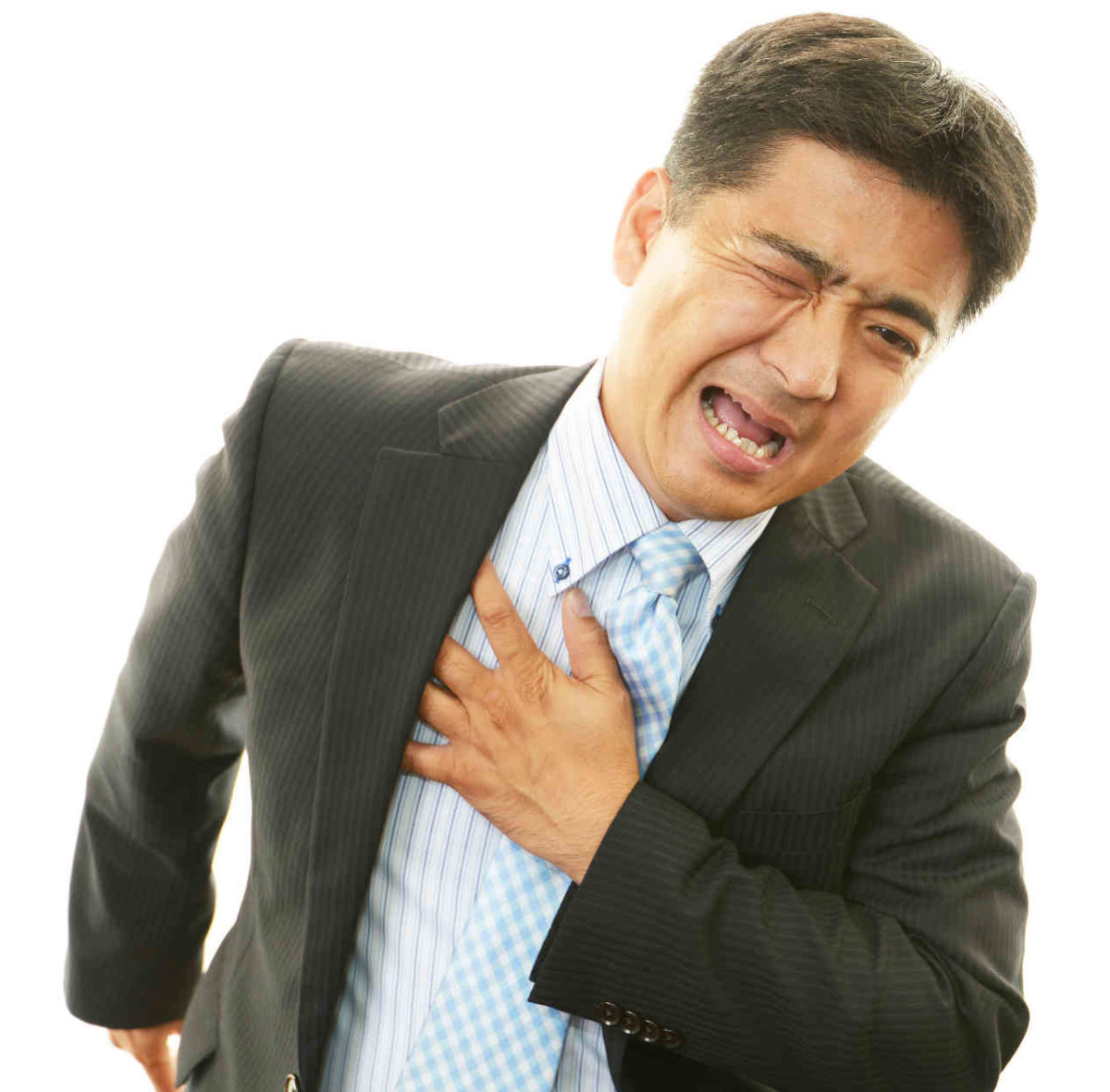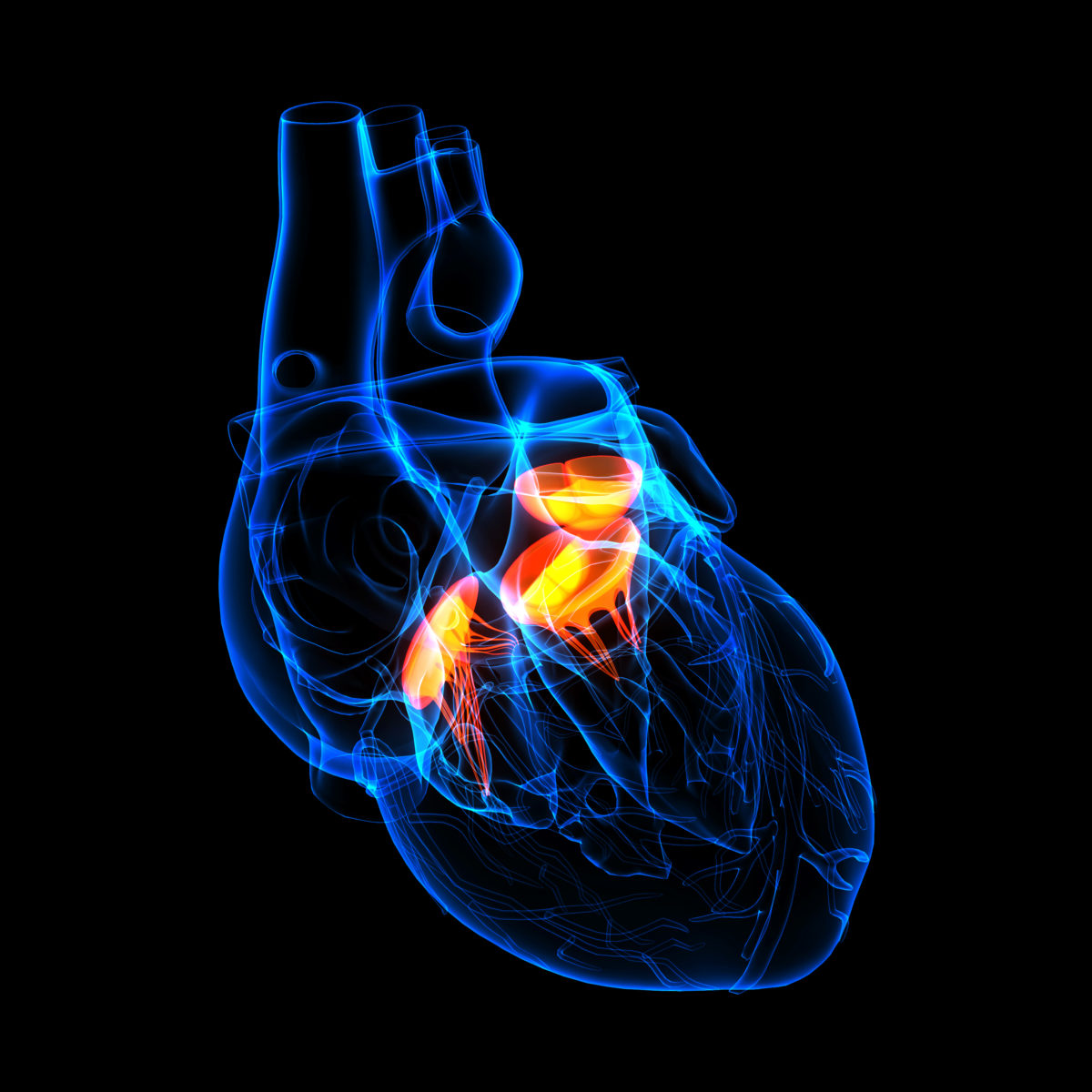You’ve probably heard the term “statins” before. In case you haven’t, statins are a class of lipid-lowering/cholesterol-lowering medications. They are known to help reduce the risk of cardiovascular disease, chest pain, strokes, heart attacks, and death in people. For this article, we want to share a general overview of statins and heart disease and if a person should or should not be taking them. Ultimately, this is a conversation to be had with your primary care doctor or cardiologist. Every patient’s situation is different and should be handled differently.
Many studies have shown that statins have been able to keep people alive longer by reducing the risk and number of heart attacks and strokes a person will or may experience. Statins help in preventing the arteries from building plaque and becoming blocked. They inhibit the enzyme HMG-CoA reductase.
If you happen to have many of the risk factors of developing heart disease (and not just solely based on your age), a doctor may recommend this drug to you. The statins help reduce the chance of heart disease by preventing atherosclerosis, which is blocked arteries or narrowed blood vessels.
Like any drug, there are side effects and risks. Some side effects include: muscle aches and cramps, pins and needles feeling, bloating, diarrhea, rashes, stomach pain, cataracts, impaired memory, headaches, liver failure, skeletal muscles and diabetes.
If you suffer from heart disease or are at a high risk, your doctor may put you on a statin regardless of your cholesterol levels. On average if your risk is over 7.5 percent in the next 10 years, the doctor will likely prescribe a statin.
If you are a heart disease patient, it is time to discuss with your doctor if a statin is right for you. If medication is not an option, heart valve surgery may be recommended. Dr. Peter Mikhail of Tampa, Clearwater, and New Port Richey, Florida, performs mitral valve surgery and mini-AVR on patients with mitral valve disease and aortic valve disease. To book an appointment or learn more, click here or call 727-312-4844.












